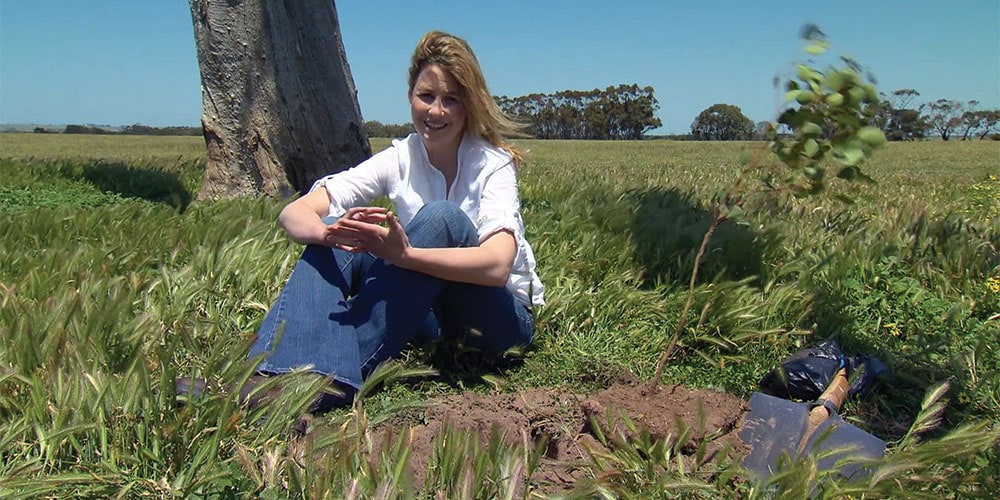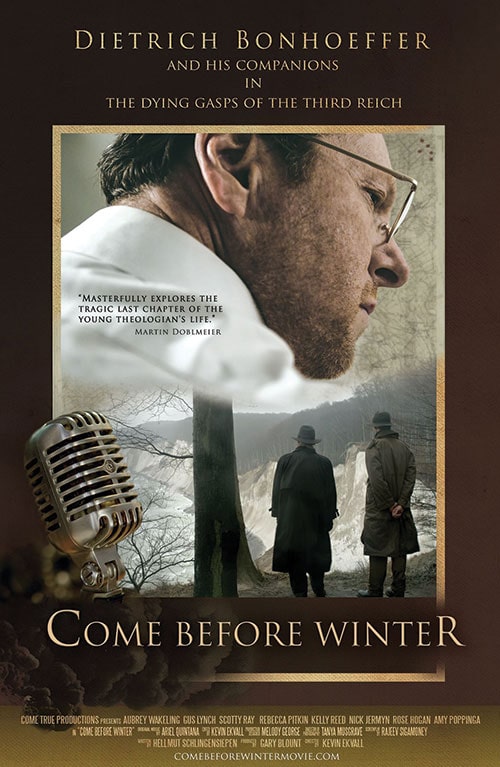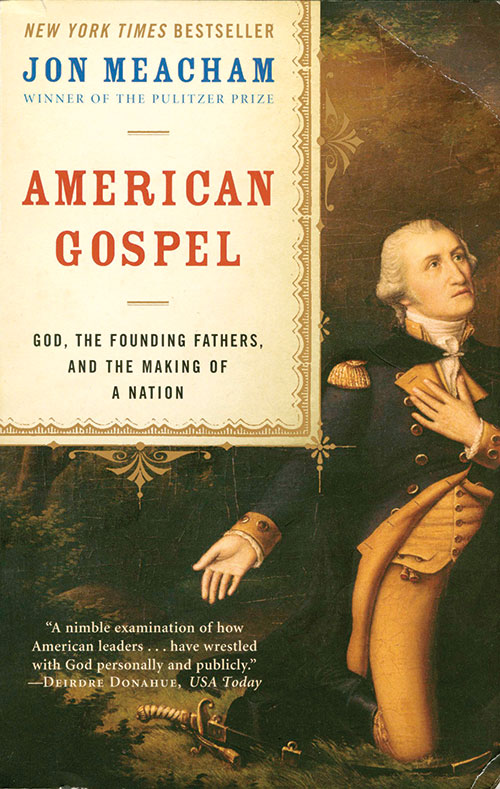
Tackling what is perhaps one of the toughest topics we will ever struggle with—death—this special installment in the Beyond the Search series is a must-watch.
The Beyond the Search documentary series is produced by Hope Channel in Australia in affiliation with the South Pacific Division and features Australian evangelists Geoff Youlden, Danielle Synot, and Johnny Murison.
In this particular episode Youlden, Synot, and Murison examine questions about death through the lens of popular culture, personal experiences, and biblical truth. Youlden travels to Romania to explore the birthplace of Vlad Dracula and society’s current fascination with the undead. Murison visits Alcor, a cryonics foundation in Scottsdale, Arizona, to learn about the notion that through scientific discoveries it may be possible for the dead to actually live again—after being preserved in nitrogen, of course. Finally, Synot takes the viewer through her very personal story of losing her baby boy during pregnancy and her search for answers during her recovery. All three bring the viewers right back to the source of all answers to questions regarding death and eternal life—the Bible.
The episode is extremely well done; from on-location settings, music, cinematography, storytelling, and biblical evidence, this video is one to keep on hand for anyone you may encounter who is unfamiliar with the truth and hope about death found only in the Word of God. It’s an excellent witnessing tool.
To learn more about this episode and others in the series, visit www.beyond.info. This series is also available at artv.adventistreview.org .

Come Before Winter: Dietrich Bonhoeffer and His Companions in the Dying Gasps of the Third Reich, Stories That Glow Collectors, 69 minutes, 2017, US$19.95. Reviewed by Stephen Chavez, assistant editor, Adventist Review.
Come Before Winter tells a story with which most of us are familiar: Dietrich Bonhoeffer, theologian and pastor, and the ethical struggle he faced between the claims of Christianity and his desire to end the horrors of Germany’s Third Reich. Other characters in the film, unmentioned in most tellings of Bonhoeffer’s story, show how many people who never saw action on a battlefield still contributed to the demise of the Third Reich.
This film is unique in that it is as much docudrama as documentary. Interspersed with actors who portray real characters in a true story are Bonhoeffer scholars and personal acquaintances who add their insights to this complex story. Faculty and students of Southern Adventist University were instrumental in the production of this film.
Even if you already know Bonhoeffer’s story, Come Before Winter will add to your appreciation of the details of his story, and his attempts to be both a citizen of earth as well as a citizen of heaven.
For information, visit: ComeBeforeWinterMovie.com.

American Gospel: God, the Founding Fathers, and the Making of a Nation, Jon Meacham, Random House, New York, 2007, 421 pages, paperback, US$17. Reviewed by Lael Caesar, associate editor, Adventist Review.
This Jon Meacham work on politics and religiosity in America has particular relevance for the United States of 2017. The book comprises an introduction, six chapters, two worthy appendices, copious source notes and bibliography, author’s acknowledgments, an Afterword that did not appear in the 2006 hardcover, and an index of names and subjects.
The foundational and ample introduction that precedes the six chapters reflects and insists upon the secular-religious equilibrium that has consistently been America’s goal and focus. Appendix A consists of nine documents on religion in America, such as the prayer of a Jewish congregation in New York City during the Revolutionary War; Washington’s farewell address; a treaty between the United States and the Islamic province of Tripoli of Barbary; and Robert Ingersoll’s definition of secularism.
Appendix B lists the presidents’ choices of Bible verses for 34 inaugurations, from Martin Van Buren to George W. Bush. Presidents have most frequently selected passages from the Psalms, Proverbs, and Isaiah.
Meacham’s six chapters cover the first colonies; the founding and the Revolution; Lincoln and Darwin; Jim Crow and the Great Depression; Martin Luther King, Jr., through the Reagan years; and a final discussion about how the United States’ past may instruct its future.
His treatment protects the founders from unwarranted beatification, saves the nation’s history from appropriation by zealots who insist that it began as a Christian institution, and preserves America’s public square from the amoral indeterminacy that prohibits any official reference to God and the supernatural.
Rather than any distinctly denominational characteristics, the conspicuous virtues of America’s public religion are tolerance and reverence, and its pervasive atmosphere is “consummately democratic” (p. 23). The remarkable breadth and latitude of Jefferson’s Virginia Statute for Religious Freedom offers protection for Jew and Gentile, Christian and Muslim, Hindu and infidel. The founders and the United States’ early presidents expected such diversity to increase.
Their particular genius that has kept the United States sane and strong for centuries was the founders’ stand against a union in which the state might define or finance religion, or religion might qualify or disqualify aspiration to public service. Their continuing legacy is the privilege of free and cordial conversation on matters of religion and politics.
Meacham knows that just now the United States is not exploiting the benefits of this inheritance. One could hope that the insights of this book may lead to better appropriation of the blessings bequeathed to their children by the men (literally) of our national ancestry and better equip us to honor their legacy of respect for God and country—in that order.